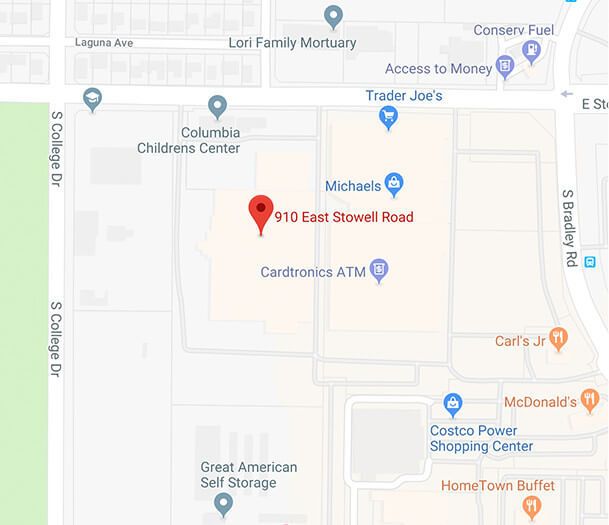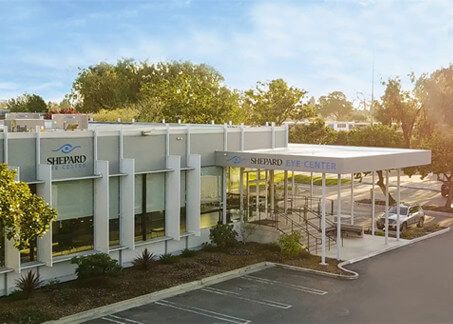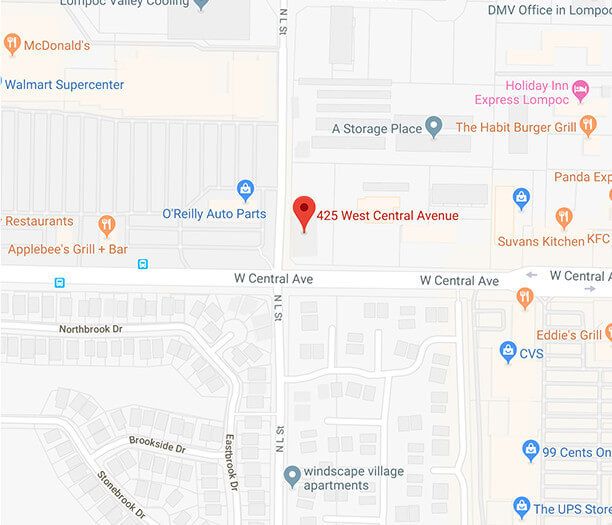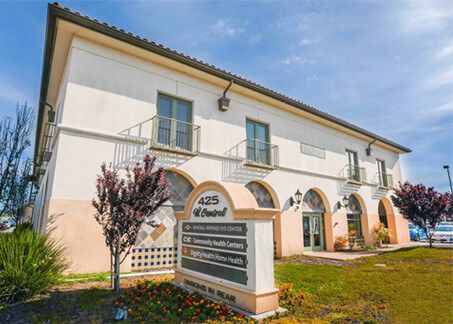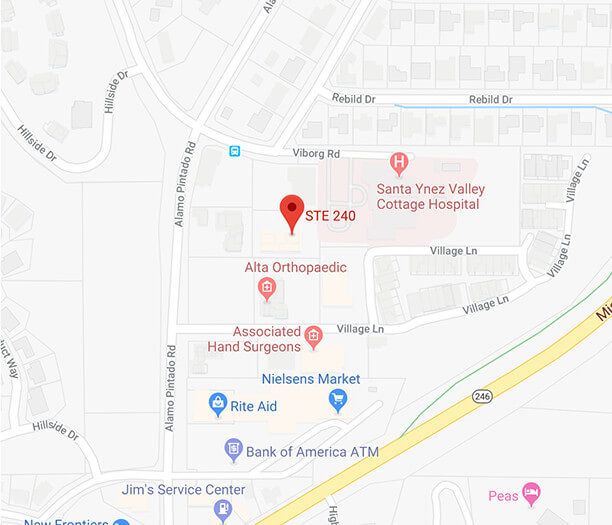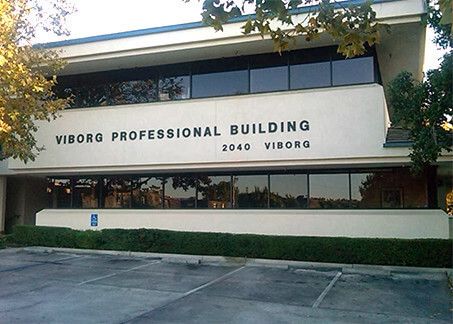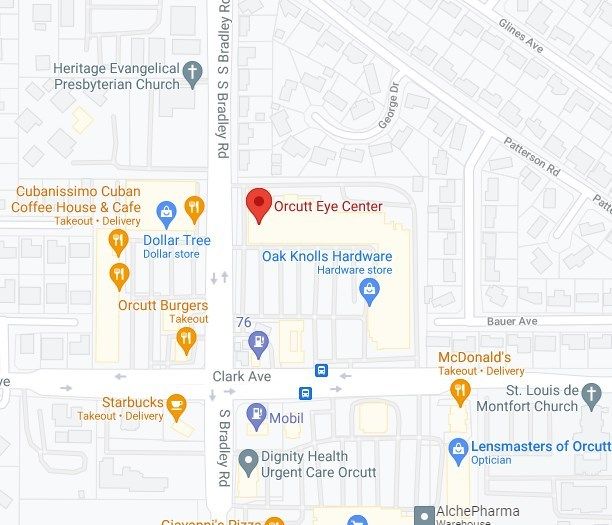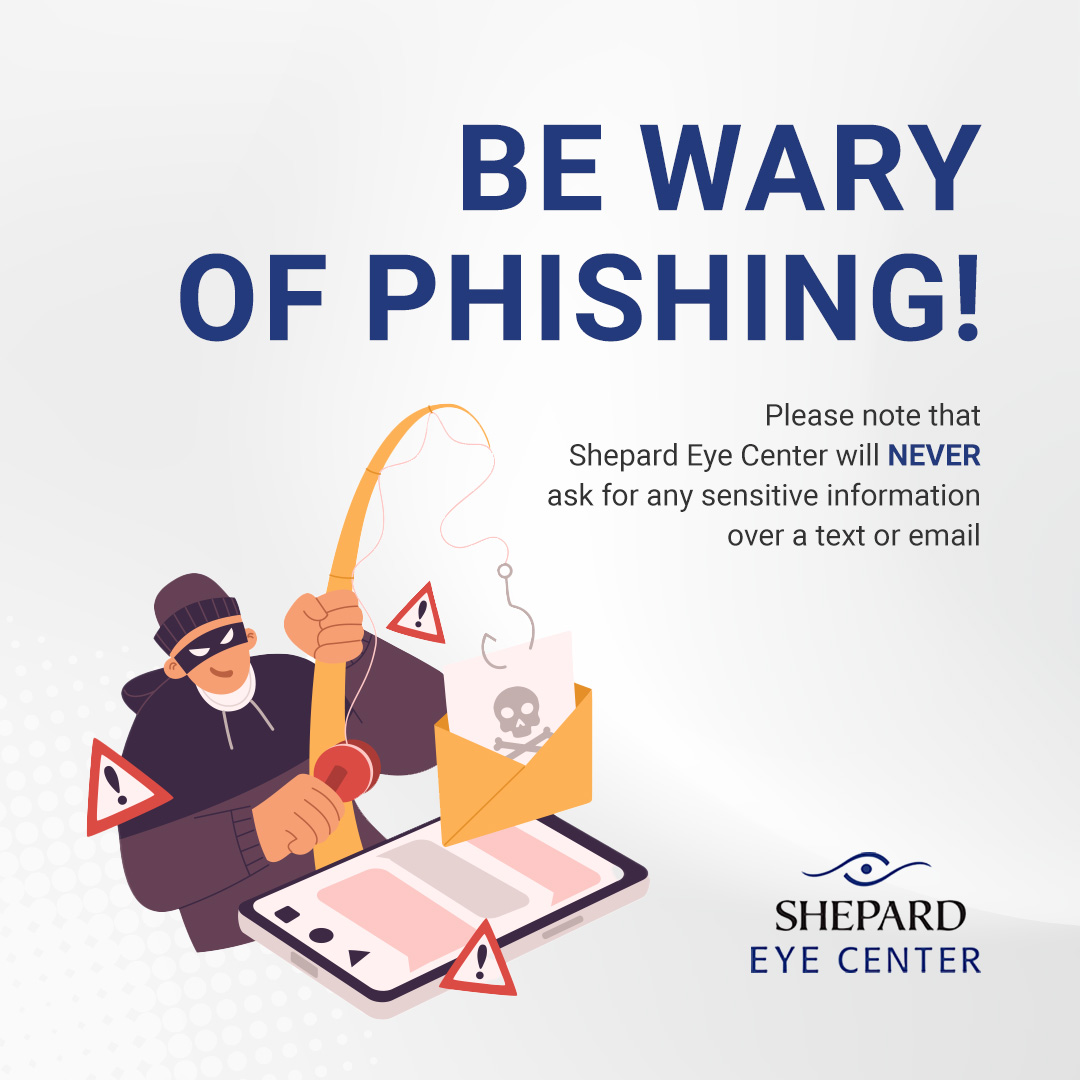
Refractive errors can lower the quality of your life. They can cause you to forego activities and events you love because you cannot participate like before. Sometimes, the refractive errors can be so severe that it seems that contact lenses and eyeglasses do not work.
At this point, you may feel like giving up. However, that should not be the case. You can opt for LASIK. It is a revolutionary treatment that can help you regain your sight. In some cases, it will restore it to 20/20 vision, depending on the severity of your condition.
What Is LASIK?
The word LASIK stands for laser-assisted in situ keratomileusis. It changes the shape of the cornea to improve your vision. The cornea is the dome-shaped, clear part of the eye that helps focus light on the retina. Without the cornea having the appropriate shape, light cannot focus correctly.
The procedure works for nearsightedness, farsightedness, and astigmatism, but not all cases. Thus, you should ask your doctor a few questions if you are considering LASIK. The questions will help you know if you are a good candidate. You will also know what changes you need to make if you are a good candidate.
Some of these questions include:
Am I a Good Candidate for LASIK?
LASIK is suitable for candidates with the following qualities:
Thick corneal tissue.
Stable prescription for the last two years.
Good general health.
Good eye health.
A minimum of 18 years old.
Some conditions may increase the chances of complications. Hence, the doctor may not think you are suitable for the surgery. These conditions include:
Large pupils.
Dry eyes.
Glaucoma.
Cataracts.
Keratoconus.
Eye infections.
What Happens During the Procedure?
LASIK takes about 30 minutes. Before the surgery, the doctor will check your eyes for inflammation, infections, or abnormal eye pressure. They will also make measurements of the cornea and the eye.
You will lie in a reclining chair during the procedure, and the doctor will put numbing drops in your eyes. They will use a soft suction ring on your cornea to hold your eyes in place. Then, they will gently cut a hinged flap. They will remodel your cornea using a laser, then carefully reposition the flap. There is no need for stitches as natural adhesion keeps it in place.
What Will Recovery Involve?
After the surgery, you will stay in a darkened room for observation. The doctor will give you dark glasses to protect your eyes. You will have antibiotic medication. They will also give you anti-inflammatory eye drops to use.
Ensure you take them appropriately within five to 14 days. You can also use protective goggles as you sleep to prevent dry eyes. They will also keep you from rubbing your eyes. Complete recovery may take about three to six months.
Are There Any Risks or Complications?
As with any surgery, there are some risks and complications. They may include dry eyes, halos, glare, or other visual changes. Flap complications are also common. Follow your doctor’s instructions to avoid them. In case you encounter any, contact your doctor immediately.
For more about getting LASIK, visit Shepard Eye Center at our offices in Santa Maria, Lompoc, Solvang, or Orcutt, California. Call (805) 667-0100, (805) 793-1800, (805) 410-9998, or (805) 937-9532 to book an appointment today.









